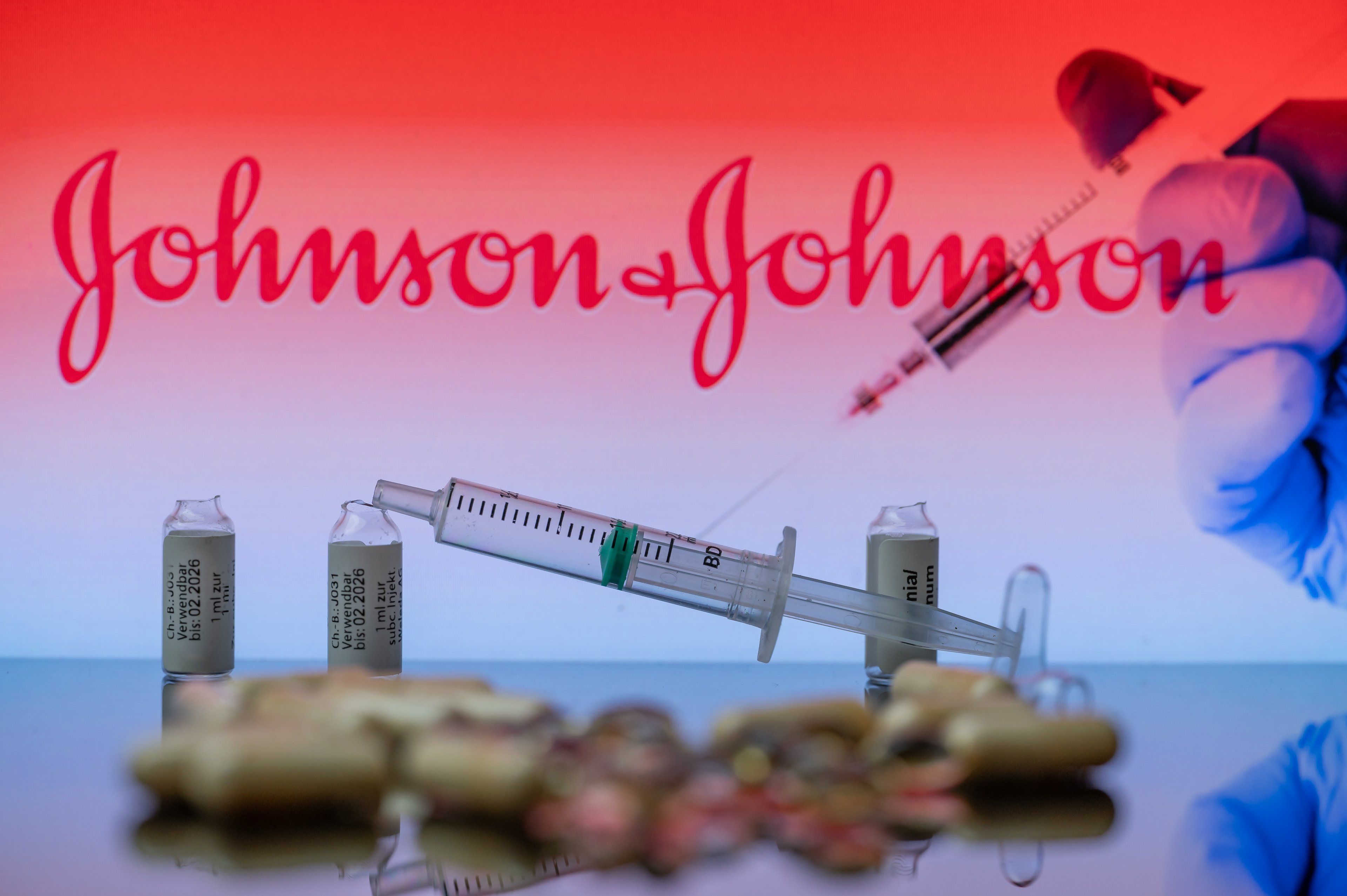If you're the kind of investor who likes to go big or go home, Amgen (AMGN +0.11%) and Johnson & Johnson (JNJ 0.41%) might be right up your alley. Amgen ranks as the biggest biotech in terms of market cap. Johnson & Johnson is the biggest healthcare company in the world.
Over the last 10 years, Amgen has delivered much greater returns for investors. But which healthcare stock is the better choice for the next decade? Here's how Amgen and J&J stack up against each other.

Image source: Getty Images.
The case for Amgen
There's no disputing that Amgen faces some challenges. Sales are declining for several of the company's top-selling drugs of the past, including Neulasta and Epogen. As a result, Amgen's total revenue in the fourth quarter of 2019 slipped a little compared to the prior-year period.
However, Amgen also has several rising stars in its lineup. Parsabiv, a drug that treats secondary hyperparathyroidism, a disease common in patients with chronic kidney disease, is enjoying tremendous momentum. Cholesterol drug Repatha, osteoporosis drugs Evenity and Prolia, and leukemia drug Blincyto also continue to deliver strong sales growth.
Amgen's purchase of Otezla, a transaction that happened to grease the wheel for Bristol Myers Squibb's acquisition of Celgene last year, has also helped the company's top line. The big biotech's biosimilars, led by Herceptin biosimilar Kanjinti, are boosting Amgen's revenue as well.
More help could be on the way. Amgen's pipeline includes 20 late-stage programs. The company expects to provide several updates from these programs this year, including reporting data for omecamtiv in heart failure and tezepelumab in asthma.
Amgen has also jumped into the race to develop a COVID-19 therapy. It partnered with Adaptive Biotechnologies to develop a COVID-19 therapy based on Adaptive's platform for finding virus-neutralizing antibodies.
Although most biotechs don't pay dividends, Amgen is a notable exception. The company initiated a dividend program in 2011 and has raised its dividend every year since then for a total increase of 471%. Amgen's dividend currently yields 2.7%.
The case for Johnson & Johnson
Johnson & Johnson faces a few headwinds of its own. The loss of patent exclusivity for blockbuster immunology drug Remicade has hurt the company's growth. Sales are also falling for ADHD drug Concerta, diabetes drug Invokana, and bone marrow stimulant Procrit. The COVID-19 outbreak also is causing problems for J&J's medical devices segment as hospitals delay non-emergency procedures.
On the other hand, J&J continues to generate modest revenue growth overall. Sales are soaring for blockbusters including cancer drugs Darzalex and Imbruvica and immunology drugs Stelara and Tremfya. The coronavirus crisis has also boosted sales for the company's consumer segment as customers scrambled to buy over-the-counter products such as Motrin and Tylenol.
Diversification is a big plus for Johnson & Johnson. The company operates across the healthcare spectrum. When one part of its business encounters problems, other parts help take up the slack.
J&J's pipeline includes over 30 late-stage programs. The company also awaits regulatory approvals for eight programs. It hopes to submit for approval of more than a dozen new drugs over the next four years.
Like Amgen, Johnson & Johnson is active in the fight against COVID-19. The company is evaluating potential anti-viral therapies targeting the novel coronavirus disease. It's also developing an experimental COVID-19 vaccine that will begin clinical testing in humans in September.
J&J is a member of an elite group of stocks known as Dividend Kings -- S&P 500 companies that have increased their dividend for at least 50 consecutive years. The healthcare giant recently boosted its dividend payout for the 58th year in a row. Its dividend yield is nearly the same as Amgen's at close to 2.7%.
Better buy
My view is that the near-term prospects look better for Johnson & Johnson than they do for Amgen. J&J's problems aren't as big as Amgen's are. Over the long run, Amgen could be the bigger winner if its pipeline candidates are successful. However, that's a big if for now.
Both of these companies are in solid financial shape and should be able to weather the storm caused by the COVID-19 outbreak relatively well. I think, though, that Johnson & Johnson is the safer pick thanks to its diversification across healthcare and less reliance on pipeline success.









